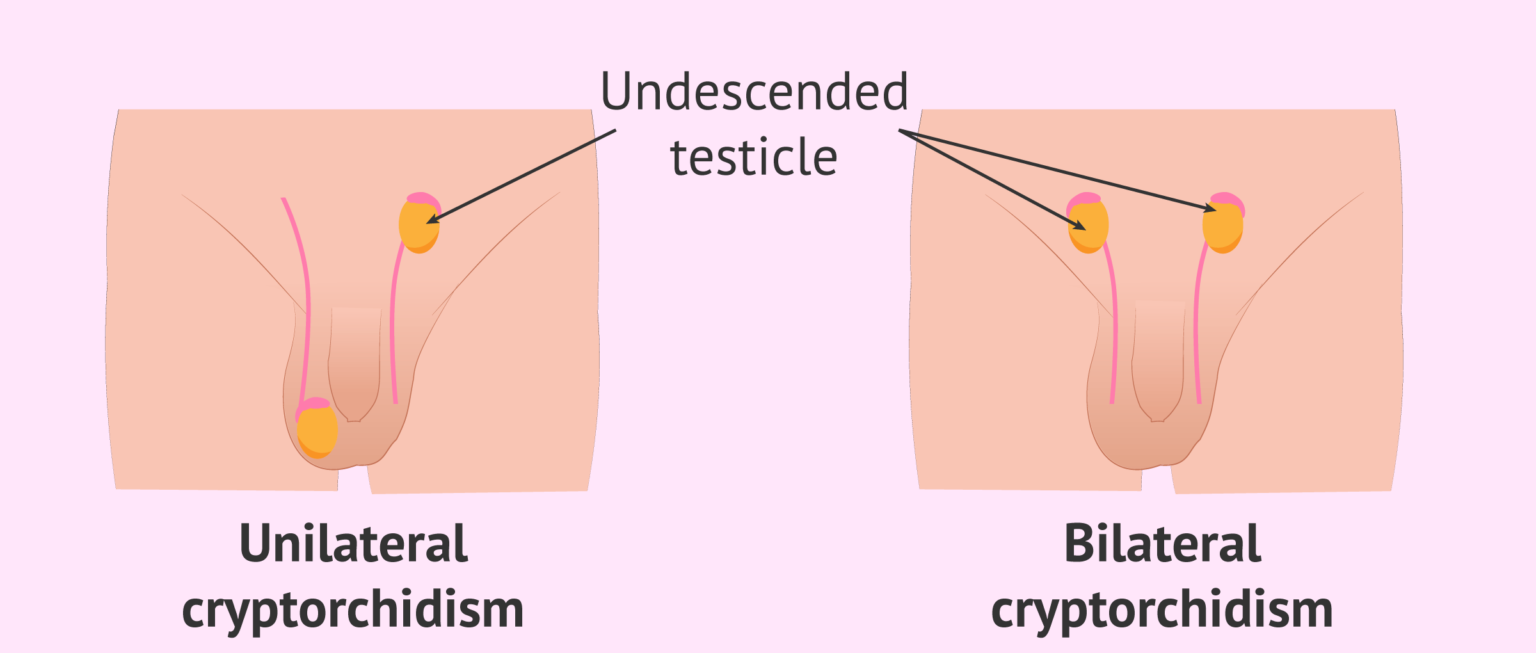Undescended Testis
Undescended testis, also known as cryptorchidism, is a common congenital condition where one or both testicles fail to descend into the scrotum before birth. This can occur due to abnormal development or inadequate hormonal stimulation. Undescended testis may be detected during routine physical examination shortly after birth or later during childhood. If left untreated, it can lead to complications such as infertility, increased risk of testicular cancer, and inguinal hernias. Treatment typically involves hormone therapy or surgical correction to reposition the testicle(s) into the scrotum, aiming to preserve fertility and reduce the risk of associated complications. Early detection and intervention are crucial for optimal outcomes.
Overview:
Undescended testis, medically termed cryptorchidism, is a congenital condition where one or both testicles fail to descend into the scrotum before birth. This condition affects a significant number of male infants, and while some testicles may descend on their own within the first few months of life, others may require intervention. Undescended testis can lead to potential complications such as infertility, increased risk of testicular cancer, and inguinal hernias if left untreated. Treatment options may include hormone therapy or surgical correction to reposition the testicle(s) into the scrotum, aiming to mitigate associated risks and preserve fertility. Early detection and intervention are essential for optimal outcomes and long-term health.

Symptoms & Diagnosis:
- Blood in the urine (hematuria), which may be visible or detected only under a microscope
- Frequent or urgent need to urinate
- Cystoscopy, using a thin, flexible tube with a camera to visually inspect the bladder lining
- Changes in urinary habits, such as increased frequency or difficulty urinating
- Unexplained weight loss or fatigue
- Urinalysis to detect blood or abnormal cells in the urine
- Cystoscopy, using a thin, flexible tube with a camera to visually inspect the bladder lining
- Imaging tests such as CT scan, MRI, or ultrasound to visualize the bladder and surrounding structures
- Biopsy, where a sample of bladder tissue is collected and examined under a microscope to confirm the presence of cancerous cells
- Staging tests, including additional imaging studies and sometimes blood tests, to determine the extent and spread of the cancer
Hospital Address
- Motiwala Square, Akashwani Signal, Jalna Road, Aurangabad - 431001.
For Emergency Help
- +91 8856995989 / 7337837616
Work Timings
- Mon-Sat: 10:00 AM - 08:00 PM
- Sunday: Closed
